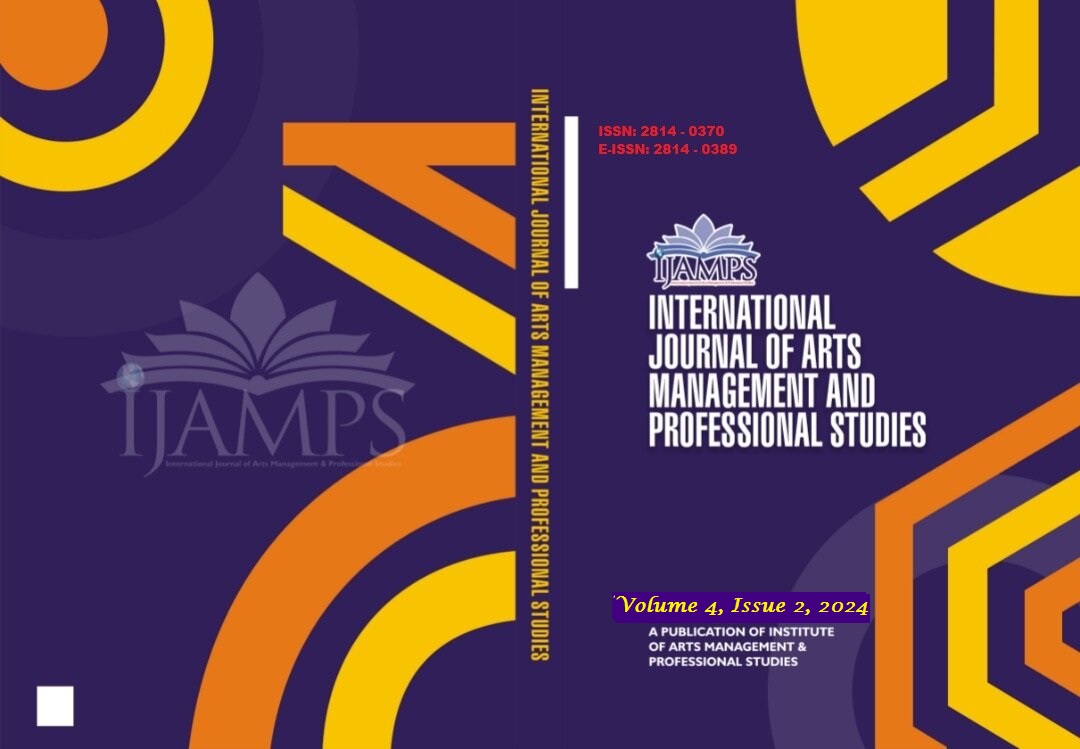
Nigerian Higher Education And Human Capital Development: Policy And Practice
Mirian Ndidi Obizue (Phd), Joyce Ihum Oguh, Modest Oby Ogbuoka (Phd)
Volume 4, Issue 2, December 2024
The development of human capital is a critical component of economic and social progress in Nigeria, the most populous country in Africa. This seminar paper examines the state of higher education in Nigeria and its role in human capital development, exploring both the policy frameworks and practical realities that shape this crucial domain.Nigeria's higher education system has witnessed significant expansion in recent decades, with the number of universities growing from just 4 at independence in 1960 to over 170 today. However, this rapid growth has been accompanied by concerns about quality, funding, and equity of access. The Nigerian government has articulated various policy frameworks aimed at leveraging higher education to drive human capital development, but the translation of these policies into tangible outcomes remains a significant challenge.The paper identifies key factors contributing to the persistent mismatch between educational outputs and labor market needs, including outdated curricula, limited industry-academia collaboration, and inadequate practical training and work-integrated learning opportunities. To address these challenges, the paper outlines a vision for reframing higher education in Nigeria, emphasizing the need for policy reforms, institutional capacity building, and strategic partnerships to better align educational outcomes with the evolving needs of the labor market.By bridging the gap between education and the requirements of the job market, Nigeria can harness the full potential of its higher education system and drive sustainable human capital development, unlocking the country's vast economic and social potential.